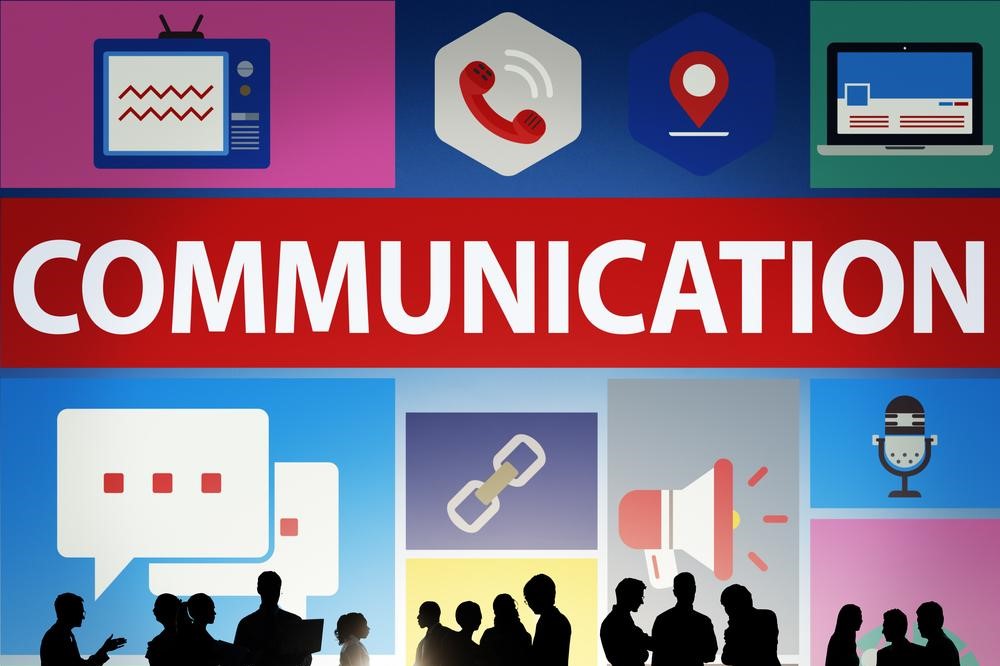Unlocking Business Success with Virtual Phone Numbers: Benefits and Strategic Advantages
Discover the extensive benefits of adopting virtual phone numbers for your business. From cost savings and environmental sustainability to global presence and remote work facilitation, learn how virtual communication solutions can transform your operations. This article explores key advantages and strategic insights, helping businesses leverage virtual numbers for enhanced professionalism, customer satisfaction, and operational flexibility in today's digital age.

Unlocking Business Success with Virtual Phone Numbers: Benefits and Strategic Advantages
In today's rapidly evolving digital landscape, effective communication is the cornerstone of successful business operations. Traditional landline phones, once the standard for business contact, are increasingly being replaced by more flexible, cost-effective, and innovative solutions — among them, virtual phone numbers. These virtual communication channels are transforming how businesses connect with clients, partners, and remote teams, offering a myriad of strategic benefits that enhance operational efficiency and customer satisfaction.
Virtual phone numbers, also known as secondary lines or cloud-based numbers, are telephone numbers that are not tied to any specific physical device. Instead, they operate over the internet, enabling seamless communication regardless of location. As organizations worldwide seek more adaptable and scalable communication infrastructure, virtual phone systems are emerging as the ideal solution to meet these demands. This comprehensive guide delves into the extensive advantages of adopting virtual phone numbers, illustrating how they can empower your business to thrive in a competitive landscape.
Environmental Sustainability and Cost Efficiency
One of the most compelling reasons for transitioning to virtual phone numbers is their positive impact on the environment and significant cost savings. Unlike traditional landlines that require dedicated physical infrastructure—cables, hardware, and maintenance—virtual systems rely on internet connectivity. This approach minimizes the need for additional hardware, thereby reducing electronic waste and lowering capital investments.
Moreover, virtual phone numbers support a unified communication platform, enabling multiple lines to operate through a single device or software interface. This consolidation not only cuts hardware costs but also reduces energy consumption, contributing to eco-friendly practices. For small-to-medium enterprises and large corporations alike, the savings in hardware, maintenance, and long-distance call charges can be substantial, ultimately improving the bottom line.
Building a Local Presence Globally Without Physical Expansion
In the age of globalization, establishing a local presence is vital for gaining customer trust and competitive advantage. Virtual phone numbers facilitate this expansion without the need for physical offices. Businesses can acquire local area codes across multiple regions and countries, effectively creating a local identity for various markets.
This capability eliminates long international call charges, enhances customer relatability, and fosters trust. Customers prefer businesses that feel familiar and accessible within their local community. Virtual numbers enable companies to tailor their communication strategies according to regional preferences, reinforcing brand recognition and loyalty without the sunk costs associated with establishing physical operations abroad.
Streamlined Organization and Customer Experience
For organizations handling diverse services or operating multiple departments, virtual phone systems offer unparalleled organizational benefits. Dedicated virtual numbers can be assigned to different services or business units, simplifying customer navigation and internal management. For example, a company could assign separate virtual lines for sales, support, billing, and technical assistance, making it easier for customers to reach the right team immediately.
This segmentation confers a professional image and enhances operational clarity. It reduces customer frustration caused by misdirected calls or long wait times, thereby elevating customer satisfaction. Internally, managing multiple lines through centralized virtual systems allows for better call tracking, analytics, and quality control, essential for continuous improvement.
Empowering Remote Work and Flexibility
The modern workforce is increasingly remote, and virtual phone numbers facilitate this shift more effortlessly than traditional landlines. Programmable virtual numbers can be configured to operate according to specific schedules, forwarding calls to employees regardless of their physical location. This flexibility supports a dynamic work environment where customer support, sales, and administrative functions can be performed from home, co-working spaces, or mobile devices.
Remote operations reduce the need for extensive office spaces and associated overhead costs. Additionally, virtual numbers empower organizations to extend their geographical reach, enabling teams to provide support across different time zones and markets seamlessly. This remote capability not only increases operational resilience but also enhances employee satisfaction and work-life balance.
Minimized Call Disruptions and Enhanced Customer Interaction
Downtime and congestion are common issues in traditional phone systems, leading to missed calls, frustrated clients, and lost revenue. Virtual phone solutions tackle these issues head-on by offering call forwarding, intelligent routing, and volume management features. Calls can be automatically rerouted to available agents, ensuring that every customer inquiry is addressed promptly.
Pre-recorded greetings, IVR (Interactive Voice Response) menus, and voicemail options further improve the customer experience. Clients can leave detailed messages during off-hours, ensuring that no lead or inquiry is overlooked. These features contribute to a professional image, improve first-call resolution rates, and boost overall customer satisfaction.
In conclusion, virtual phone numbers are more than just a technological upgrade; they are a strategic asset that can redefine a company's communication framework. By offering cost savings, environmental benefits, greater flexibility, and superior customer interactions, virtual systems position businesses for sustainable growth and competitive differentiation. As organizations adapt to the new normal of digital engagement, adopting virtual phone solutions becomes essential for staying ahead in the modern marketplace.





